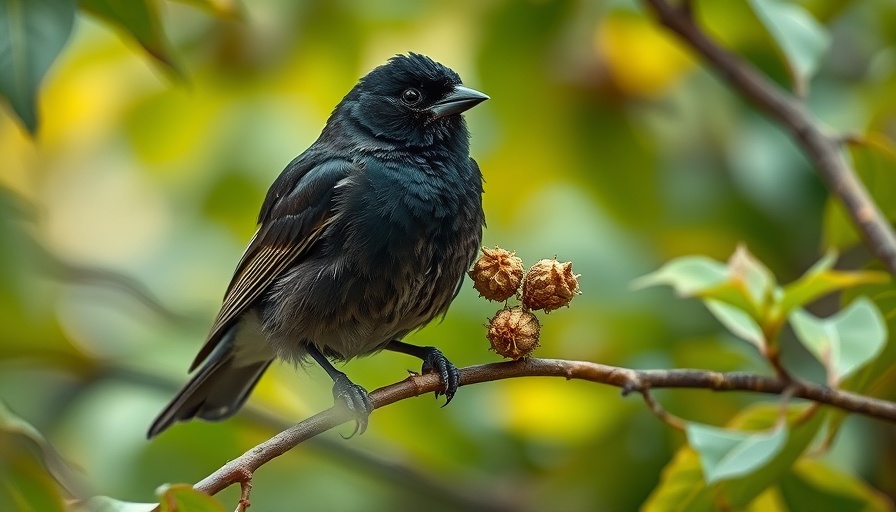
The Legacy of Darwin's Observations: Birds as Innovators
The finches of the Galapagos Islands are not the only spectacular examples of avian beauty that Charles Darwin encountered. As the HMS Beagle journeyed around southern South America, Darwin dedicated himself to observing a plethora of birds, documenting their behaviors and habitats. These observations were pivotal in shaping his revolutionary ideas about evolution and natural selection.
Understanding the Role of Specific Birds
Darwin's keen observations went beyond merely noting differences among species. For instance, he found great joy in watching Andean condors soaring in Patagonia—an experience that brightened his spirits during times of illness. Such moments reveal that the joy of nature is not merely academic; it resonates on a deeply emotional level. This connection to the world can inspire us in our own lives.
The Importance of Detailed Observation
In his various diaries, Darwin emphasizes a crucial lesson: close observation enriches life. The vibrant songbirds of Uruguay profoundly contrasted with the remnants of the avian world in England, a distinction that Darwin noted with fascination. His meticulous documentation showcases the intricacies of nature and reminds us that every nuance is worthy of our attention.
Lessons for the Contemporary Observer
Darwin's legacy is not confined to scientific pursuits alone. His approach to observing nature encourages modern-day enthusiasts to engage with the world around them. Whether you're noticing the subtle differences in local species or marveling at their behaviors, the act of paying attention is invaluable. For many, like Darwin, it's this connection to nature that enriches our understanding of life.
Why Observing Birds Matters Today
In a world filled with distractions, turning our gaze toward the skies can offer profound rewards. Not only does birdwatching foster mindfulness, but it also serves as a gateway to greater ecological awareness. As we observe these creatures, we develop a deeper appreciation for our environment, making the case for conservation and protection of habitats that we often take for granted.
Get Involved in Bird Conservation Efforts
Today, you can play a role in protecting the diverse avian life that Darwin cherished. Engage with local birdwatching groups, support sanctuaries, or participate in citizen science projects that monitor bird populations. By doing so, you not only honor Darwin's legacy of observation but also contribute to an ongoing journey of understanding and preservation.
 Add Row
Add Row  Add
Add 




Write A Comment